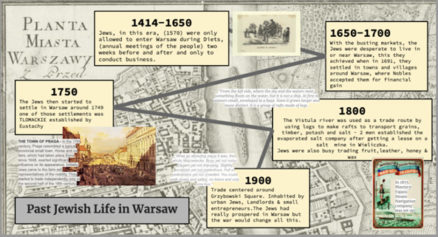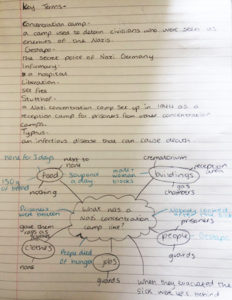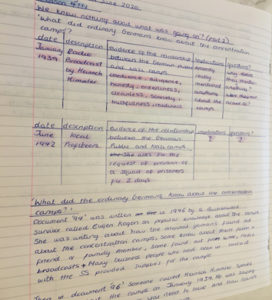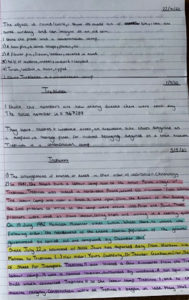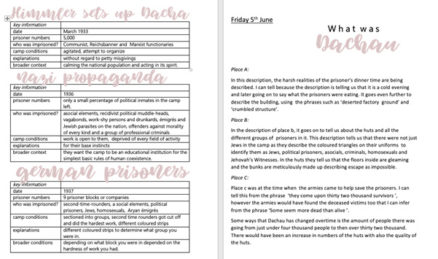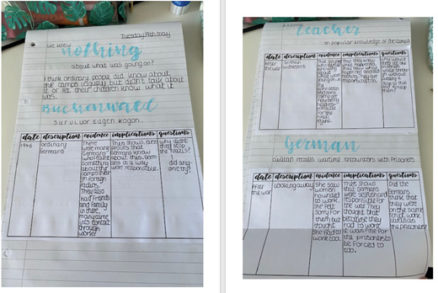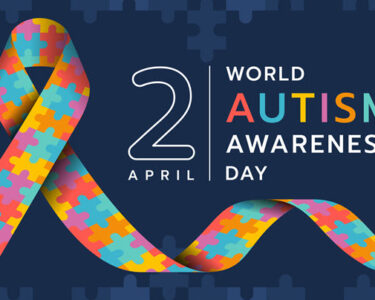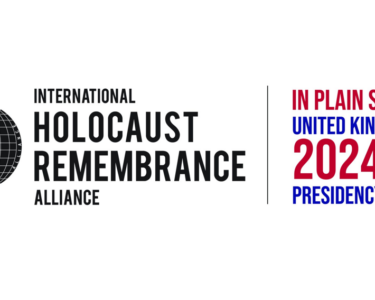Torpoint Community College is a small, semi-rural secondary school in South East Cornwall. As a UCL Quality Mark Beacon School for Holocaust Education, it remains committed to teaching our young people about the Holocaust, developing their knowledge and understanding by using high-quality and stimulating resources, whilst promoting curiosity, questioning and enquiry. It is also has a genuine desire to provide opportunities for students to share their understanding of the Holocaust in a varied range of ways. Our main Programme of Study; ‘Unpacking the Holocaust’, is taught to our Year 9 students in the Spring and Summer Terms respectively. We are proud that our young people have access to 32 taught lessons, as part of their History curriculum, but also have access to a range of other learning opportunities throughout the college year, in a range of other subjects and college activities. Holocaust Education is an integral part of our college community, so how could we possibly begin to continue teaching about the Holocaust as a Distance Learning subject?
As we entered this recent period of ‘lockdown’, we had taught 8 lessons to our Y9 students. When we said a temporary ‘goodbye’ towards the end of March, students had just undertaken our lesson based on the Centre’s Authentic Encounters and had started unpicking myths and misconceptions, following the Centre’s What Was the Holocaust? timeline lesson. We had recently completed a whole college KS3 tutor-led project, comprising taught sessions in tutor time and a gallery showing; ‘Tell The Stories of Those Who Can Not’; inspired by Mala Tribich MBE, as part of HMD2020 Stand Together. With this momentum, we felt the decision to continue teaching our young people about the Holocaust as ‘Distance Learning’, was validated, but (crucially) needed very careful and considered thought – what would we be able to ‘teach’ our students, given that face-to-face teaching and learning was not possible? How could we ensure a quality remote learning experience, which allowed students to learn about the Holocaust in a manner which continued the momentum, but did so in a safe and secure way? How could we continue to promote curiosity, questioning and enquiry and provide opportunities for students to share their learning with us?
We found ourselves thinking deeply about the very beginnings of teaching and learning about the Holocaust and returning to the Centre’s research and establishing key themes that would form the basis of our online lessons. We undertook the Centre’s 6 things your students should know about the Holocaust online CPD training; whilst we had completed this ‘face to face’ in 2016, we found it an invaluable recap as it really embedded what we wanted our young people to know and understand. In terms of ‘pros and cons’, this was a real ‘pro’; CPD of this quality is always worth engaging with, and we are looking forward to undertaking the ‘Authentic Encounters with the Holocaust’ online CPD very shortly. We re-engaged with the research and quickly set about forming our distance learning lessons in to ‘topics’; Unlocking Antisemitism; (based on the Centre’s Classroom Materials); Pre-war Jewish life; Jewish Life in Warsaw; Mapping Treblinka (from the Centre’s A Space Called Treblinka material); The Role and Purpose of Nazi Concentration Camps; Meanwhile in the Warsaw Ghetto; British Responses to the Holocaust. Once we had decided upon our topic foci, it was then important to consider the nature of distance learning, in terms of both access and time. We needed to be realistic, but also consider very carefully the access that our young people would have to technologies and more importantly, given the unique set of circumstances, the time expected to be spent on each task. With all of this in mind, we opted for a range of different 30 minute lessons, containing a variety of tasks accessible for all learners, with opportunities for questioning to stretch and challenge. It gave us a real opportunity to look at what we already have in place in our current Scheme of Learning, but, more importantly, to start to develop some of the ideas that were gained from the 2017 Beacon Schools Study Visit to Poland. We were extremely grateful to the Centre for their fantastic online Short Lessons, particularly the Centre’s collaboration with camps@bbk ‘Nazi Concentration Camps’ and ‘The Warsaw Ghetto Uprising – exploring history, meaning & significance’ which resulted in some fantastic responses from our students; they were so positive about the format, that we adapted our own subsequent lessons to follow a similar format, in terms of the self-checking knowledge quizzes at the end of each lesson. Through this remodeling, we also discovered some excellent resources; for our ‘Growth of Jewish Life in Warsaw’, we guided students to the POLIN Museum which allowed students to take a virtual ‘walk’ through time and space to discover Jewish Warsaw during and after the war. We also rediscovered some resources to stimulate student’s curiosity in our ‘Meanwhile in the Warsaw Ghetto’ lessons; we scoured the photo album from the Beacon School Study Visit to find photographs of the ghetto wall, to allow students to ‘see’ as much as possible. We have also found ourselves able to access some great virtual symposiums as CPD; the @AJR #TLHUK conversation ‘What Holocaust Education Is & It Isn’t’ was a fantastic opportunity to revisit the new @IHRA Recommendations for Teaching & Learning About The Holocaust and stimulated much thought about how these new guidelines would further develop our Scheme of Learning as a Beacon School.
These unprecedented set of circumstances that we have found ourselves in have resulted in a number of thoughts and outcomes; how creative we can be as teachers and learners; the need to be flexible, but fundamentally true to our aims; the wealth of quality knowledge-rich Centre resources; the sense that we continue to be supported as both teachers and learners by the Centre; the never-ending sense of pride in our young people, as they continue to provide us with high-quality outcomes, in the most unique of circumstances.
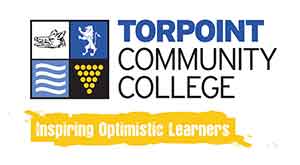 Charlotte Lane
Charlotte Lane
Lead Teacher & Curriculum Leader of History, Belief & Culture
